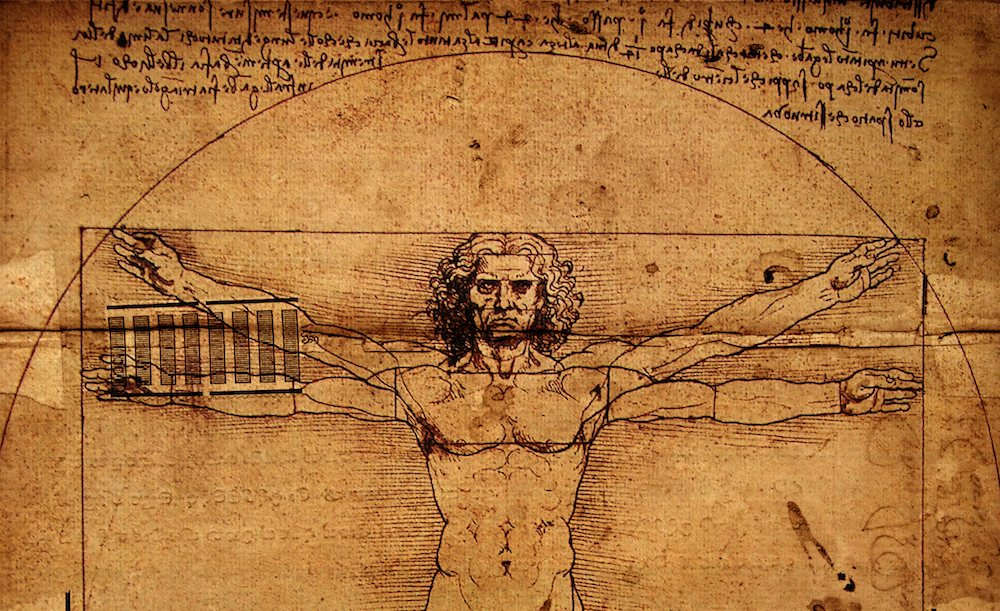
The Bible does teach that there is a distinction between our bodies and souls—and while it is possible for them to be separated (for example, when a believer dies and the soul awaits the bodily resurrection), they were never meant to be. The ancient Greeks believed that the spiritual world was superior to the physical, and so despised the body. Sadly, this view infected the thinking of the church, so that it is quite common for Christians, wrongly, to think of eternity as a purely “spiritual” existence in heaven.
This view is entirely incompatible with the Bible. The physical realm is a crucial part of God’s good creation (Genesis 1 v 31 and 1 Timothy 4 v 4-5). More to the point, Jesus’ resurrection proves that our bodies will be rescued eternally with him (1 Corinthians 15 v 42-44). God intended us to have bodies and they are an intrinsic part of what it means to be human. For all its limitations, the body is not something to escape from, but to rejoice in.
God intended us to have bodies and they are an intrinsic part of what it means to be human.
But what precisely am I made up of as a human being? Christians have differed on how to understand what the Bible teaches on this question.
The situation is complicated because the original words used are often translated differently, and are themselves picture language. So the word most often translated “spirit” (Greek: pneuma), and the word translated “soul” (Greek: psyche) are both words derived from “breath”, “wind” or “air”. Their use recalls the creation, where man was made from the dust of the ground, and then God “breathed into his nostrils the breath of life” (Genesis 2 v 7).
The Bible writers also seem to use these two words interchangeably, as when Mary sings: “My soul glorifies the Lord; and my spirit rejoices in God my Saviour” (Luke 1 v 46-47)—a poetic way of repeating the same idea.
What matters most, perhaps, is that we are made to be integrated beings—dust and breath—and that when our bodies return to dust, Christians can be confident that they will be cared for and kept safe by God as we wait to be united with a new resurrection body fit for eternity in the new creation.
This is an extract from Mark Meynell‘s new book: What makes us human? And other questions about God, Jesus and human identity. Available now.
Now you've seen this post, join the conversation. Comment in the box below. You can also like us on Facebook, follow us on Twitter and subscribe to our YouTube Channel.